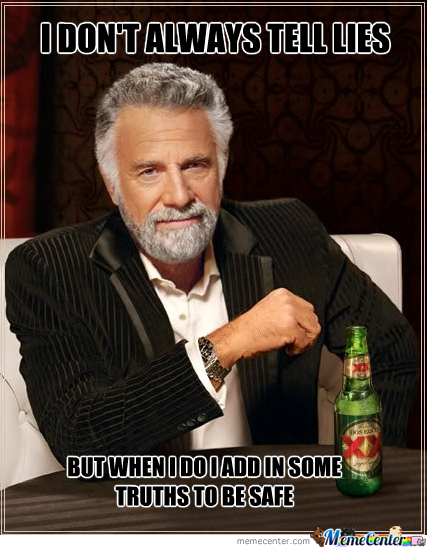“Diplomacy is the art of letting someone have your way.”
– Daniele Vare
Social Interaction
Most of the skills we have come across fall into this pillar of RPGs. It may be strange then that social interaction often finds itself at the short end of the stick when it comes to rules and advice. It may be weird to think of telling people how to have a conversation but for the purpose of a game there is no reason not to have some good rules for social interactions and how to find a good mix of role and roll at the table.
Below is the general list of social skills culled from the RPG systems we have been exploring
Appraise
Bluff
Bureaucracy
Diplomacy
Disguise
Gambling
Integrity
Intimidate
Investigation
Sense Motive/Insight
Streetwise
Performance
Persuade
Presence
Socialize
Taunt
One of the great hallmarks of Exalted is its Social Fu. The system provides for things like rhetoric debates, working as part of an organization. Characters look through a flowchart of special moves or powers they can add to their character, which have certain prerequisites based on their abilities (skills). Some give you the ability to mass persuade a group of people or infuriate the opposition in a debate to make them fumble their words. It’s an interesting and complex system. I would suggest it if you want to play a campaign where the characters are leaps above the normal person. Imagine the video game franchise Dynasty Warriors with all the intrigue and politics of Romance of the Three Kingdoms.

A lot of the above list can be summed up by Persuasion. Appraise, Bluff, Bureaucracy, Diplomacy, Disguise, Gambling, Intimidate, Investigate (Interrogation), Streetwise, Performance, Socialize, Taunt; all these skills revolve around a character or party convincing someone of some thing or plan of action. If persuasion is the charm of Person A to manipulate Person B’s thoughts and actions for the former’s benefit, that we can say is just the person’s charisma? That is why the Charisma ability is around. There is nothing to say you can’t have a specialized talent with Charisma. Maybe a PC is especially chatty and affable. People seem to naturally like him because of his friendly disposition, he’s endearing. So for mechanics sake just bump how open an NPC is to him. Maybe a hostile person is now just angry and irritated. An even-keeled merchant becomes friendly. Or think of dropping the DC a few points behind the screen for a check because of the guy’s friendly disposition. Playing like this will help the party and not just the social skill star.
If a Bard with an 18 Charisma and a Fighter with a 10 Charisma are trying to haggle with a merchant, DC 18 and the Bard has an affable talent you can perhaps drop the DC to 15. The Fighter goes from 15% success rate to a 30% success rate. The Bard’s 35% success rate raises to 50%. The point is reward the party for having someone with good social skills and not elevate the specific PC at the cost of the rest of the party.
The other social skills: Integrity and Sense Motive/Insight are reactionary or defensive skills. Integrity, in the skills format, is keeping your composure when dealing with someone. It’s your defense against slander, taunting, insults. It’s the thing people who go on Jerry Springer don’t have. It can also be your defense against someone trying to persuade you. But if the person is lying to persuade you is when you can call for a Sense Motive/Insight check to see if you can determine if what you hear is a lie or not. Again these are things that can be covered pretty easily with a basic Wisdom check or even the Will defense. You can even turn it into a simple skill challenge with opposed rolls between the parties. Wisdom represents a character’s common sense, perception, and his ability to make good, sound judgments. How often can you say a character really has training to determine if a person is lying or not. We all have an inner bull shit detector, based on our experiences which gives us wisdom to know when someone is probably lying to us and how to keep composure under stress.
Let me know what you think in the comments and consider subscribing. Next time we will move on to the combat pillar of skills.
